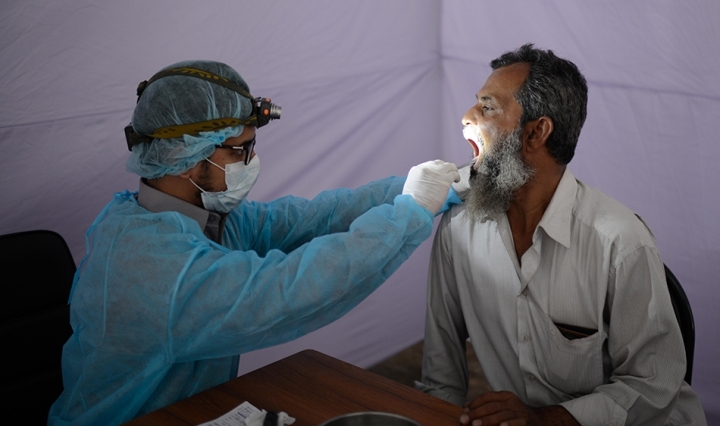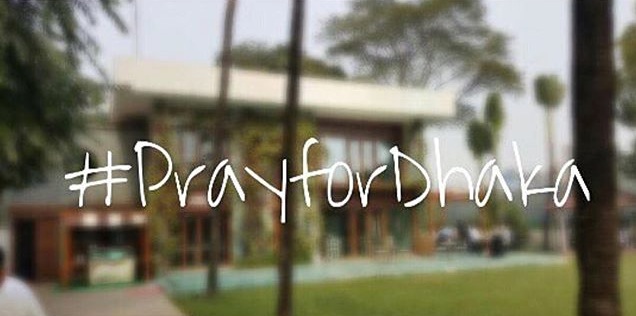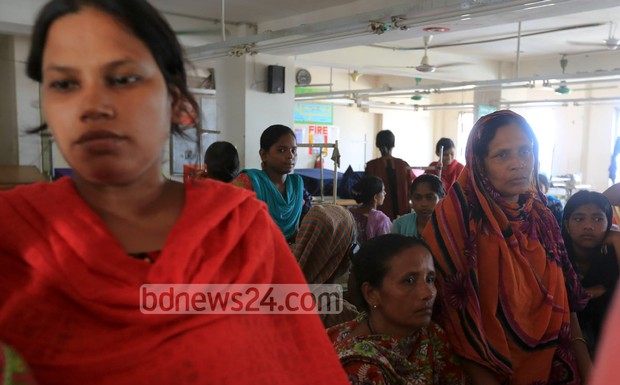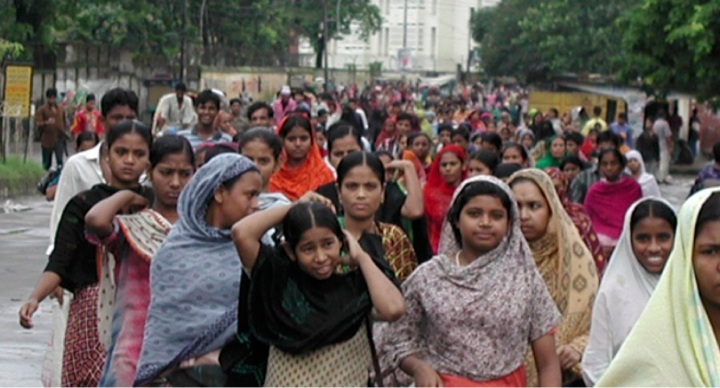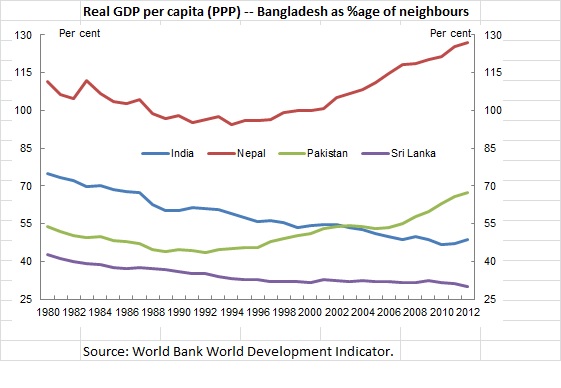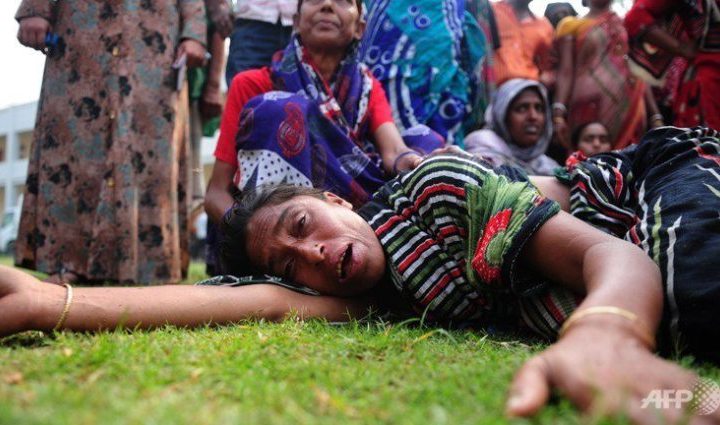Dhaka is ranked least liveable among 140 surveyed cities. Economist Intelligence Unit’s Global Livability Survey ranked Dhaka 139 in 2011, and 140 in 2012.
DOWNLOAD: EIU Liveability Report 2012
DOWNLOAD: Spatially Adjusted Index Report [Dhaka ranks 2 better on this]
Least livable cities: 2012
131. Abidjan, Côte d’Ivoire
132. Tehran, Iran
133. Douala, Cameroon
134. Tripoli, Libya
135. Karachi, Pakistan
136. Algiers, Algeria
137. Harare, Zimbabwe
138. Lagos, Nigeria
139. Port Moresby, Papua New Guineau
140. Dhaka, Bangladesh
Least livable cities: 2011
131. Abidjan, Côte d’Ivoire
132. Tehran, Iran
133. Douala, Cameroon
134. Karachi, Pakistan
135. Tripoli, Libya
136. Algiers, Algeria
137. Lagos, Nigeria
138. Port Moresby, Papua New Guinea
139. Dhaka, Bangladesh
140. Harare, Zimbabwe
Continue reading “Dhaka moves to #1 in Least Liveable City Index”

